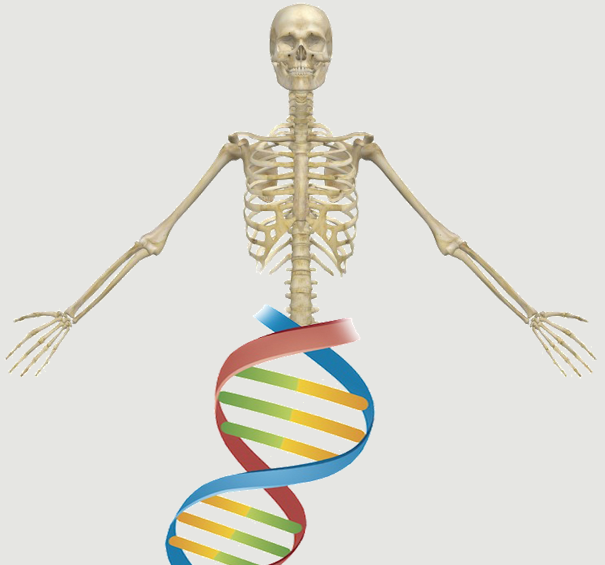Citation:
Abstract:
Although most fractures heal, critical defects in bone fail due to aberrant differentiation of mesenchymal stem cells towards fibrosis rather than osteogenesis. While conventional bioengineering solutions to this problem have focused on enhancing angiogenesis, which is required for bone formation, recent studies have shown that fibrotic non-unions are associated with arteriogenesis in the center of the defect and accumulation of mast cells around large blood vessels. Recently, recombinant parathyroid hormone (rPTH; teriparatide; Forteo) therapy have shown to have anti-fibrotic effects on non-unions and critical bone defects due to inhibition of arteriogenesis and mast cell numbers within the healing bone. As this new direction holds great promise towards a solution for significant clinical hurdles in craniofacial reconstruction and limb salvage procedures, this work reviews the current state of the field, and provides insights as to how teriparatide therapy could be used as an adjuvant for healing critical defects in bone. Finally, as teriparatide therapy is contraindicated in the setting of cancer, which constitutes a large subset of these patients, we describe early findings of adjuvant therapies that may present future promise by directly inhibiting arteriogenesis and mast cell accumulation at the defect site.
Notes:
Antebi, Ben Zhang, Longze Sheyn, Dmitriy Pelled, Gadi Zhang, Xinping Gazit, Zulma Schwarz, Edward M Gazit, Dan P30 AR069655/AR/NIAMS NIH HHS/United States P50 AR054041/AR/NIAMS NIH HHS/United States R01 DE019902/DE/NIDCR NIH HHS/United States P30 AR061307/AR/NIAMS NIH HHS/United States R01 AR067859/AR/NIAMS NIH HHS/United States R01 AR066517/AR/NIAMS NIH HHS/United States S10 RR027340/RR/NCRR NIH HHS/United States Journal Article Switzerland Bioengineering (Basel). 2016 Mar;3(1). pii: 6.

